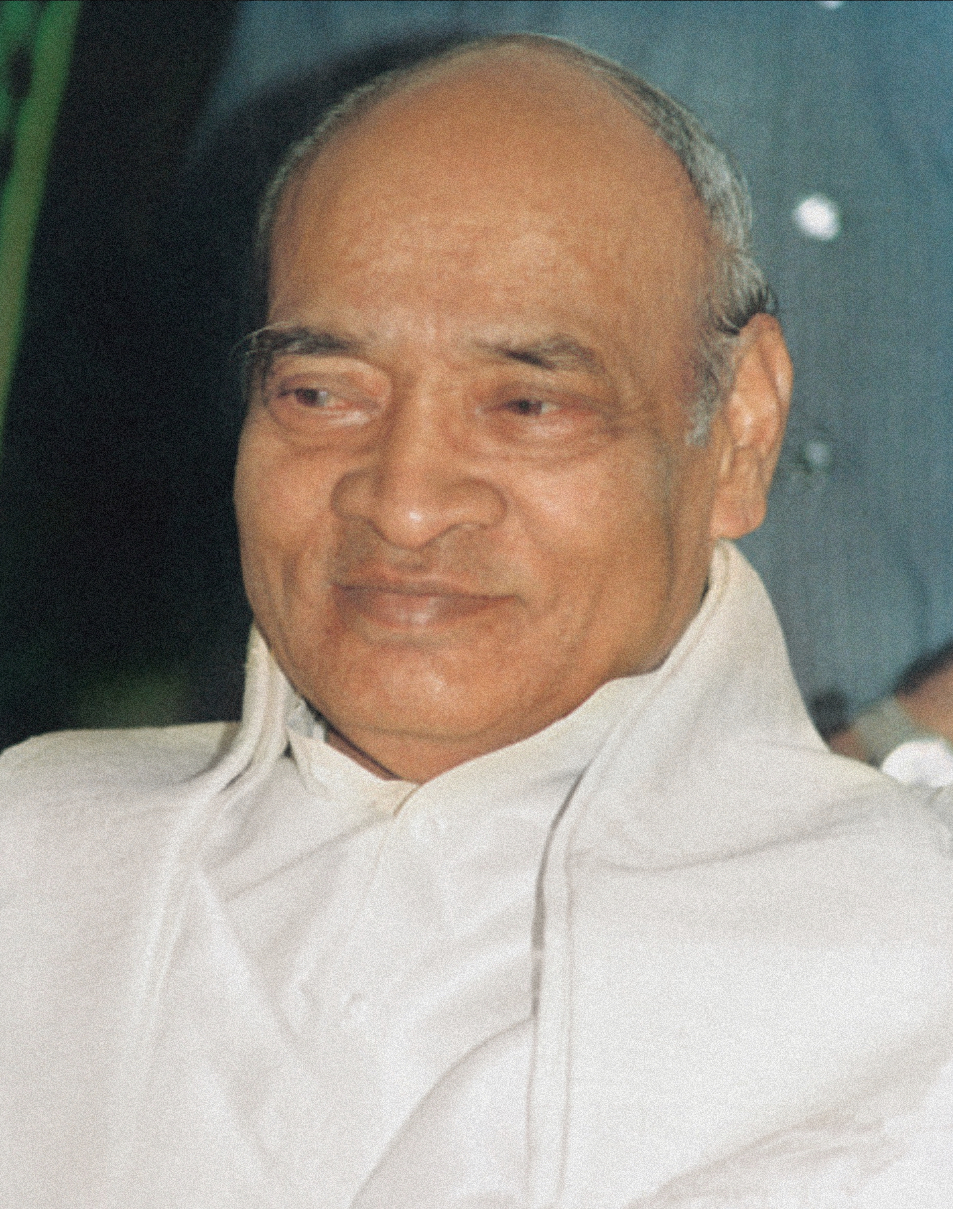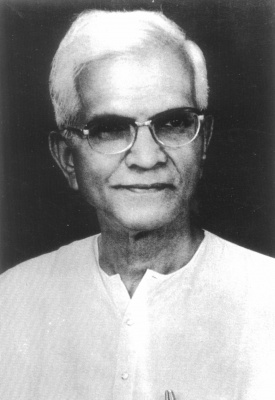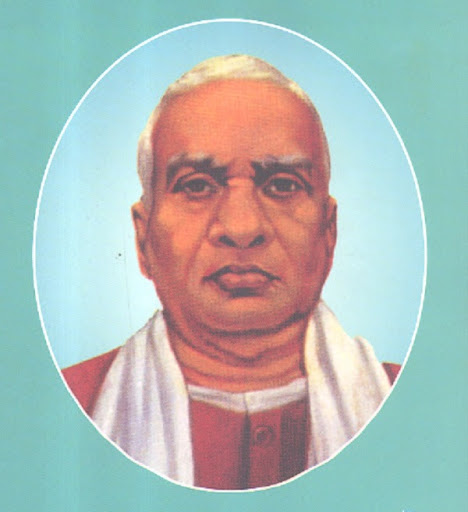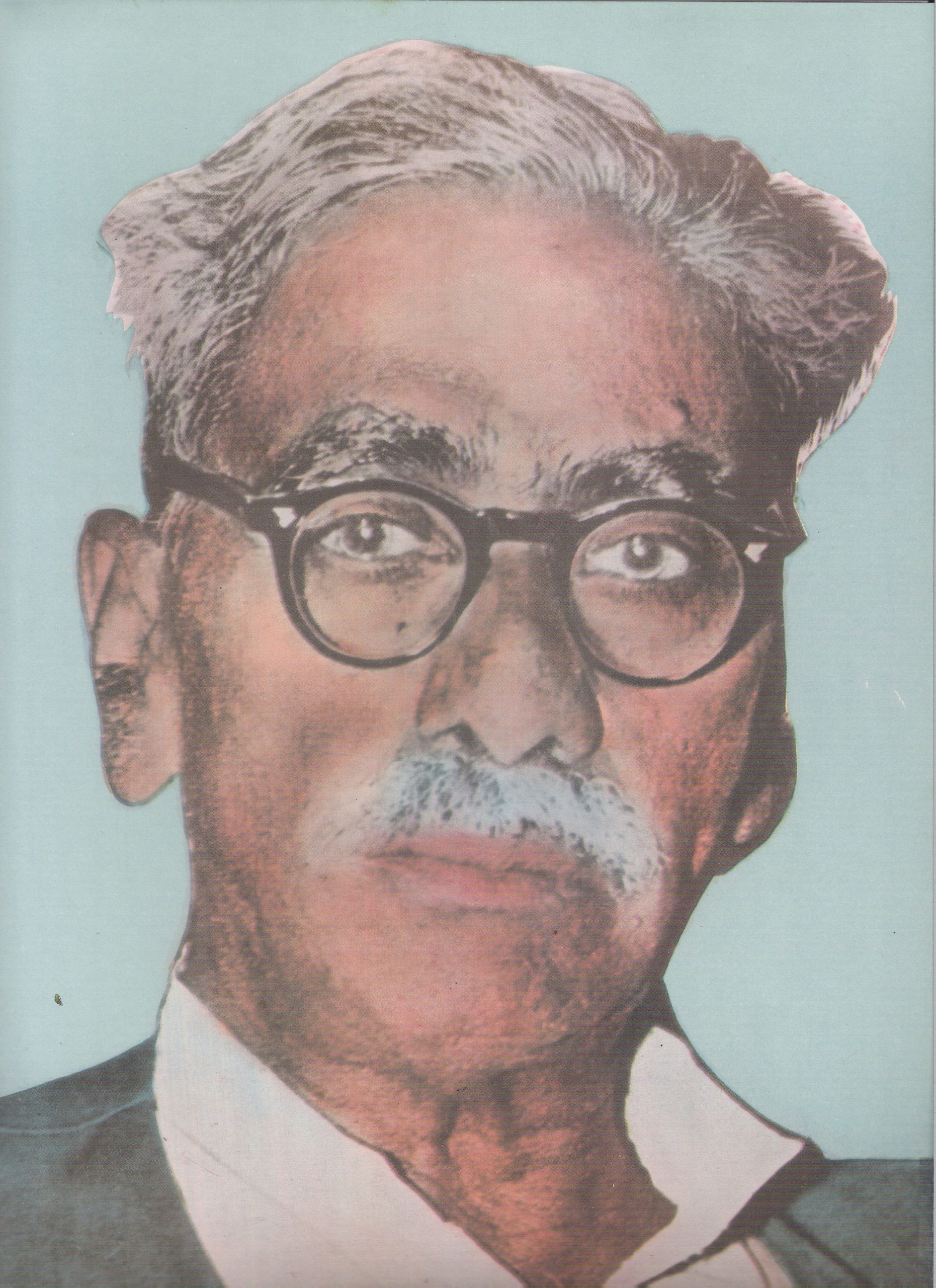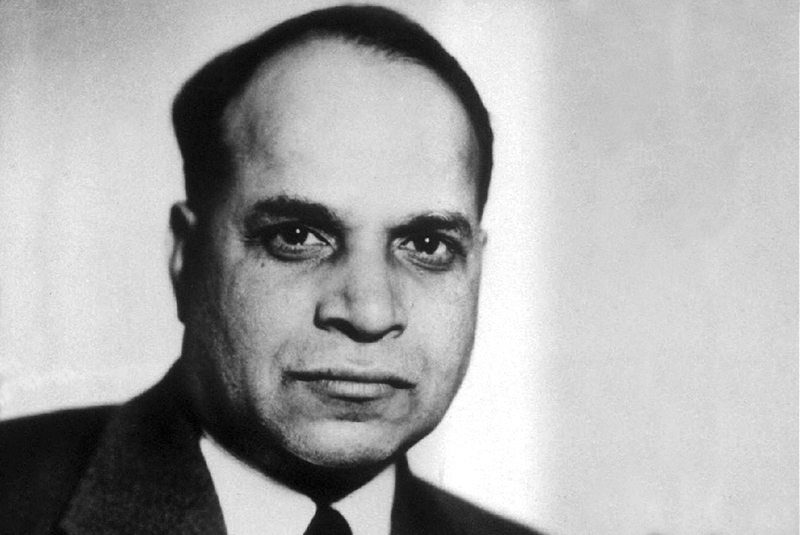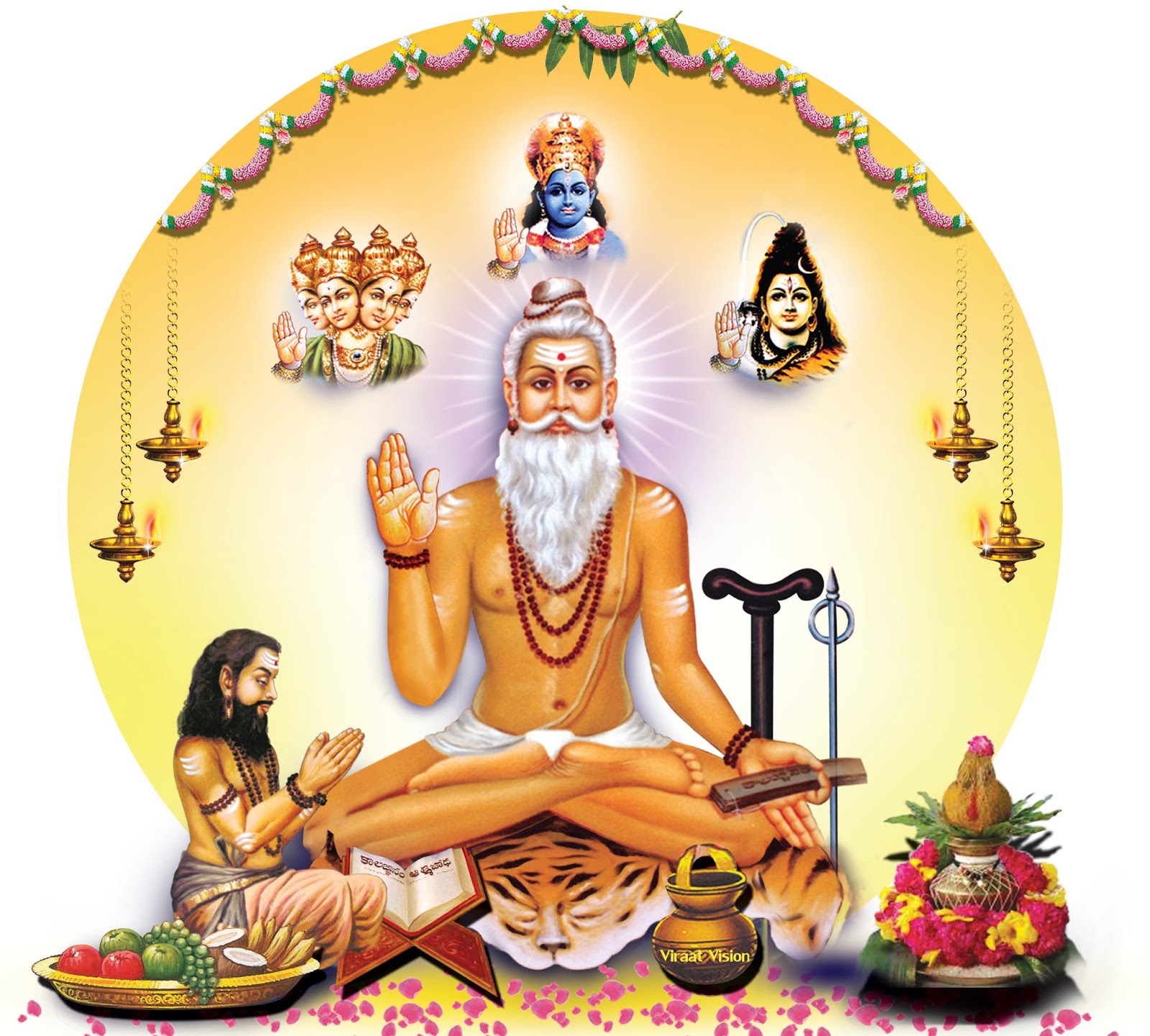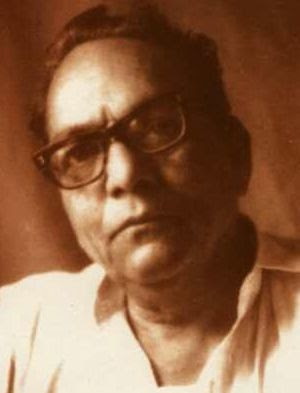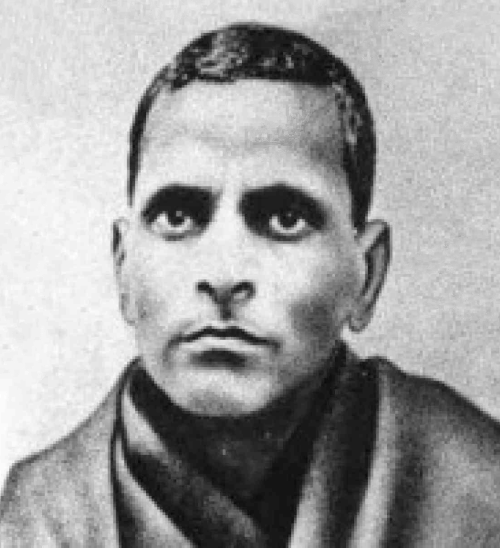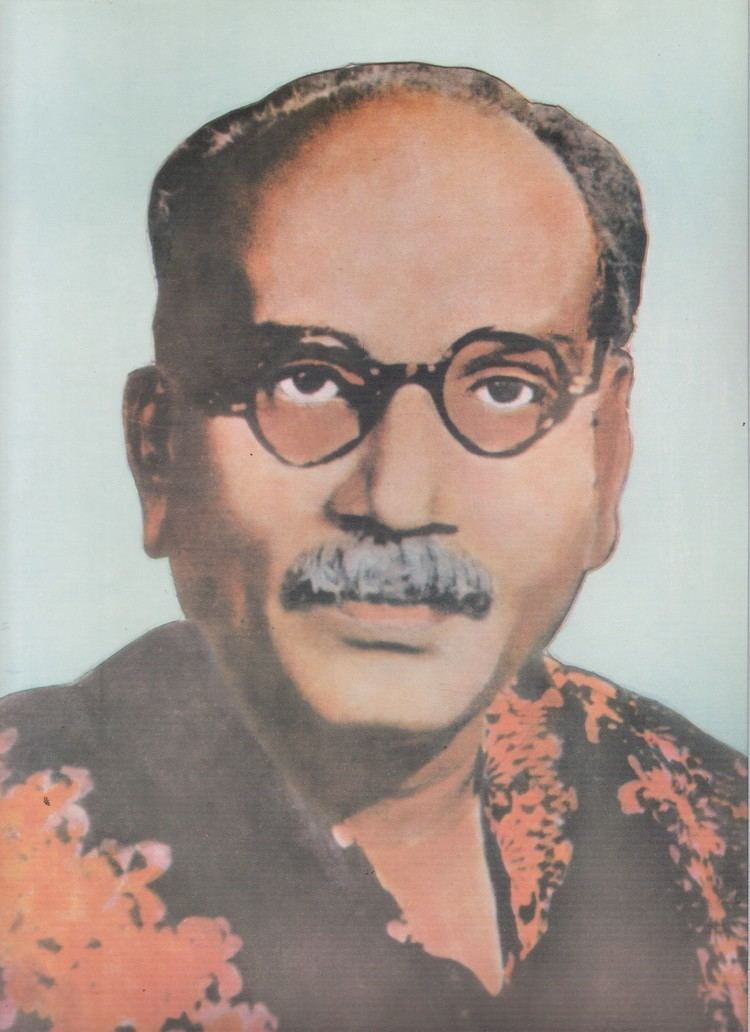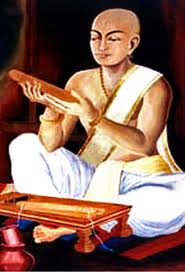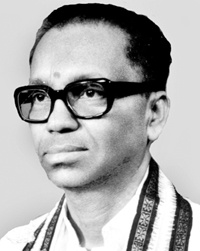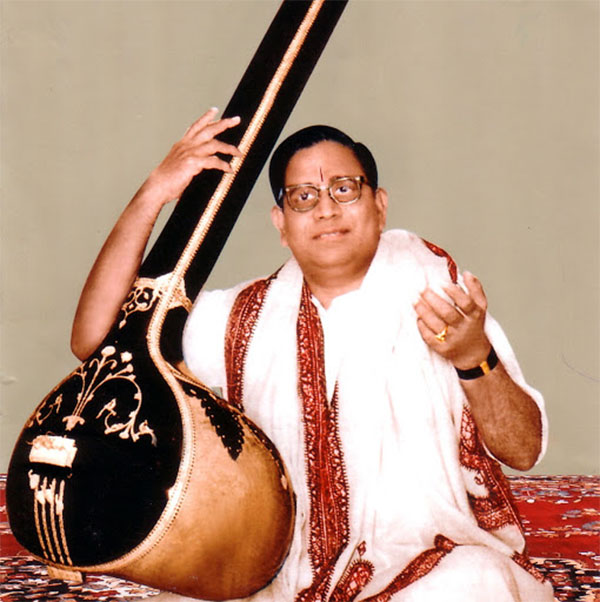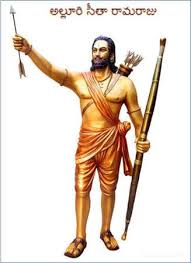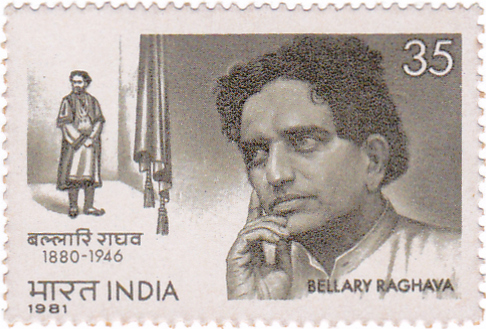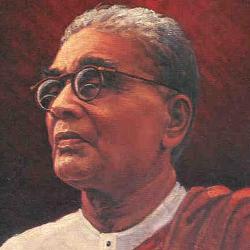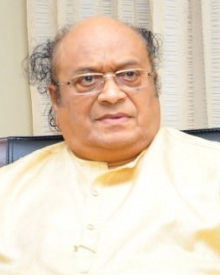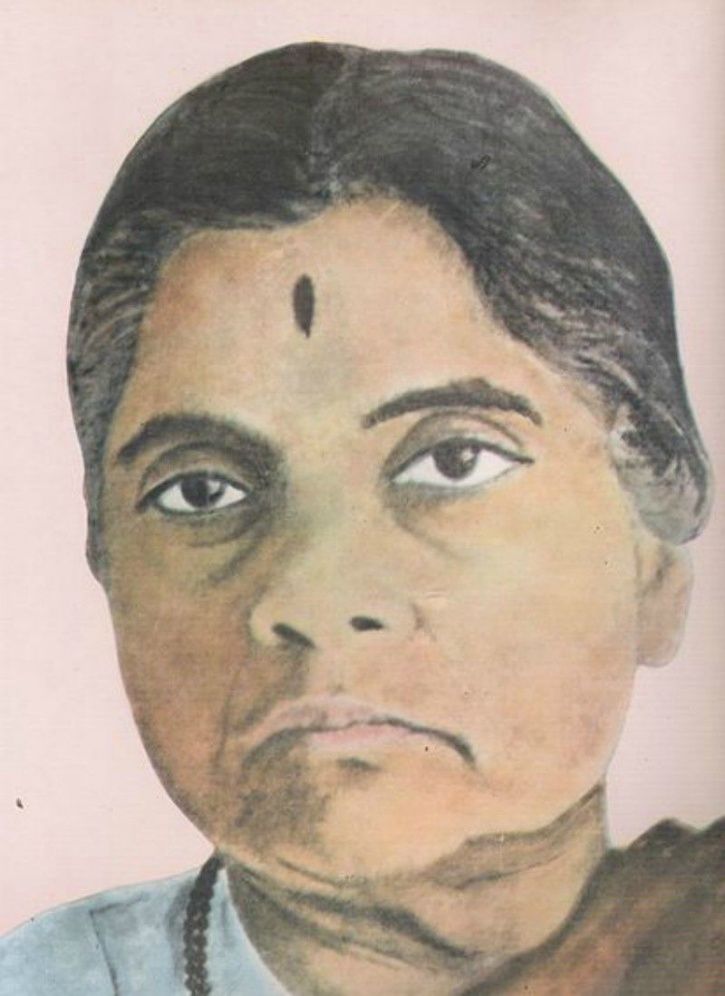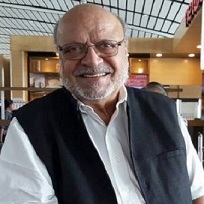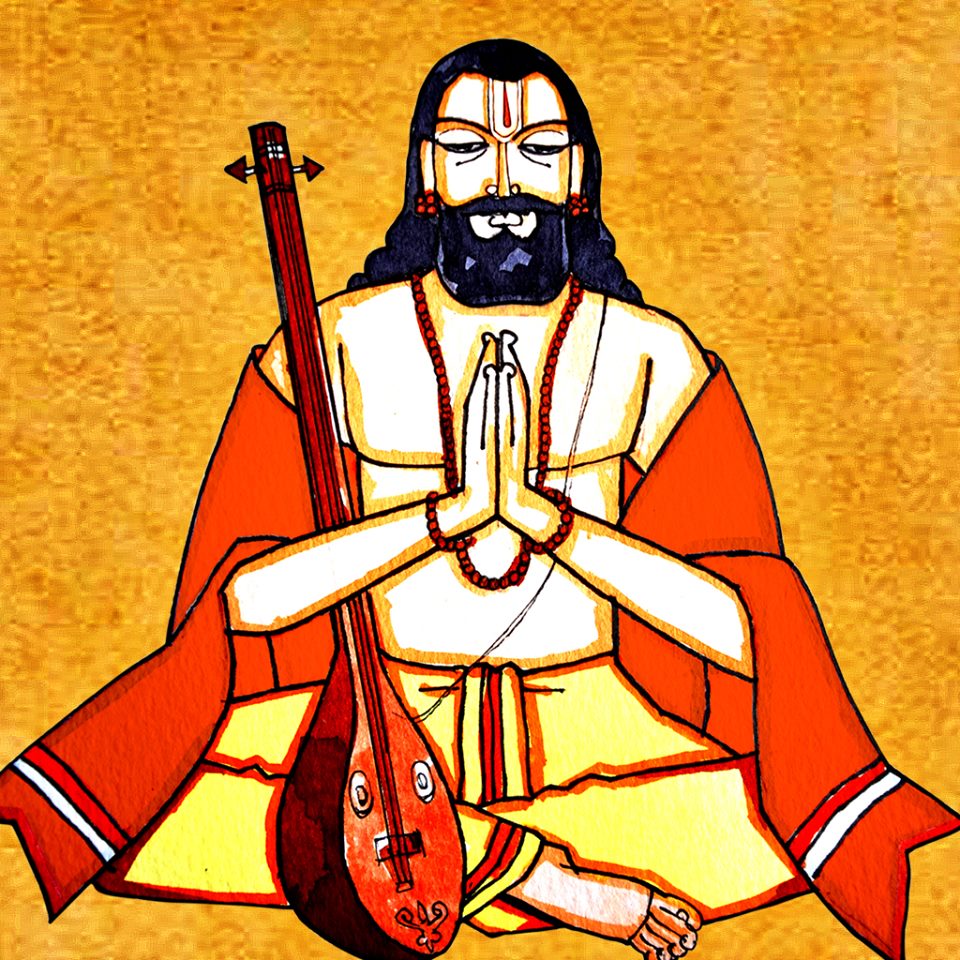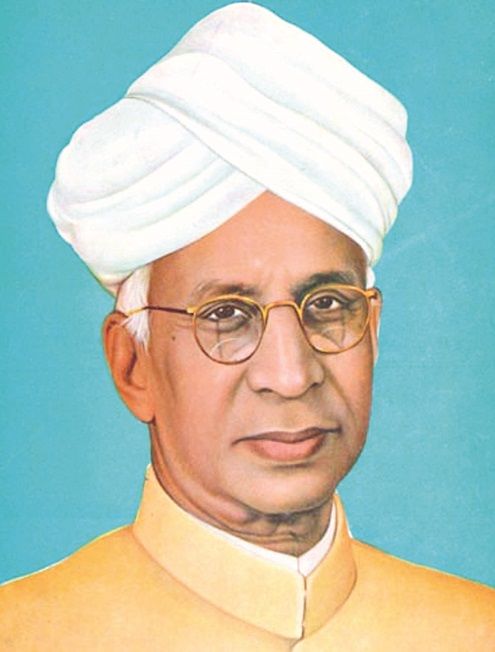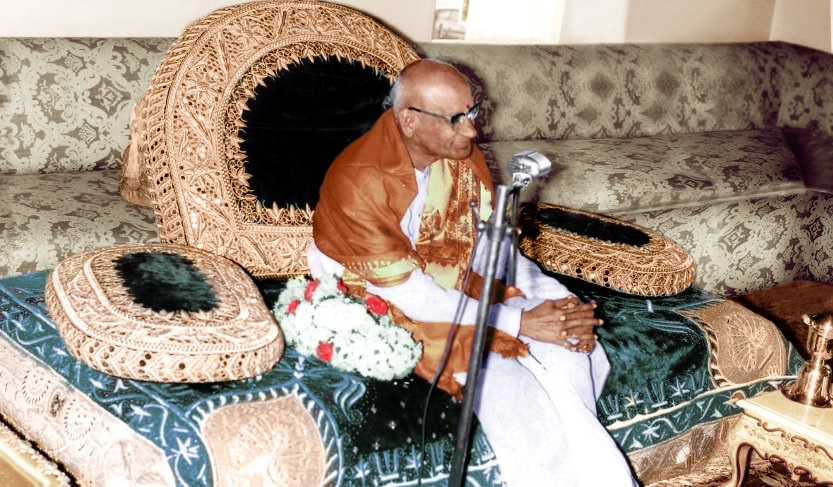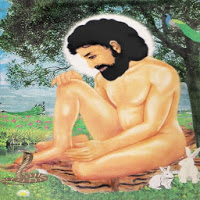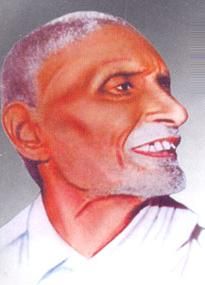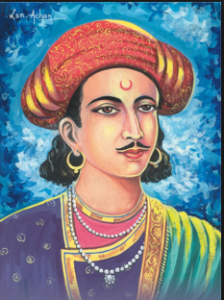The 100: A Ranking of the Most Influential Persons in History
Revised and Updated for the Nineties
by Michael H. Hart
Mr. Hart’s very interesting book contains biographies of all the following people, ranked in order from most influential to less influential, along with the author’s reasons for so ranking them. The book is available at most bookstores and libraries.
The links will take you to a site on the Web about the person named
(not to a chapter in the book).
| Rank | Name | Religious Affiliation | Influence |
|---|---|---|---|
| 1 | Muhammad | Islam | Prophet of Islam; Hart recognized that ranking Muhammad first might be controversial, but felt that, from a secular historian's perspective, this was the correct choice because Muhammad is the only man to have been both a founder of a major world religion and a major military/political leader. |
| 2 | Isaac Newton | Anglican
(rejected Trinitarianism, i.e., Athanasianism; believed in the Arianism of the PrimitiveChurch) |
Physicist; Theory of universal gravitation; Laws of Motion |
| 3 | Jesus Christ | Judaism; Islam | Prophet of Islam; Most revered figure amongst the Christians |
| 4 | Buddha | Hinduism; Buddhism | Founder of Buddhism |
| 5 | Confucius | Confucianism | Founder of Confucianism |
| 6 | St. Paul | Judaism; Christianity | Founder, proselytizer of Christianity |
| 7 | Ts'ai Lun | Chinese traditional religion | Inventor of paper |
| 8 | Johann Gutenberg | Catholic | Developed movable type; printed Bibles |
| 9 | Christopher Columbus | Catholic | Explorer; Led Europe to Americas |
| 10 | Albert Einstein | Jewish | Physicist; Relativity; Einsteinian Physics |
| 11 | Louis Pasteur | Catholic | scientist; pasteurization |
| 12 | Galileo Galilei | Catholic | Astronomer; Accurately described heliocentric solar system |
| 13 | Aristotle | Platonism / Greek philosophy | Influential Greek philosopher |
| 14 | Euclid | Platonism / Greek philosophy | Mathematician; Euclidian geometry |
| 15 | Moses | Judaism; Islam | Major prophet of Judaism; Christianity; Islam |
| 16 | Charles Darwin | Anglican (nominal); Unitarian | Biologist; Described Darwinian evolution, which had theological impact on many religions |
| 17 | Shih Huang Ti | Chinese traditional religion | Chinese emperor |
| 18 | Augustus Caesar | Roman state paganism | Ruler |
| 19 | Nicolaus Copernicus | Catholic (priest) | Astronomer; Taught Heliocentricity |
| 20 | Antoine Laurent Lavoisier | Catholic | Father of modern chemistry; Philosopher; Economist |
| 21 | Constantine the Great | Roman state paganism; Christianity | Roman emperor who completely legalized Christianity, leading to its status as state religion. Convened the First Council of Nicaea that produced the Nicene Creed, which rejected Arianism (one of two major strains of Christian thought) and established Athanasianism (Trinitarianism, the other strain) as "official doctrine." |
| 22 | James Watt | Presbyterian (lapsed) | developed steam engine |
| 23 | Michael Faraday | Sandemanian | Physicist; Chemist; Discovery of magneto-electricity |
| 24 | James Clerk Maxwell | Presbyterian; Anglican; Baptist | Physicist; electromagnetic spectrum |
| 25 | Martin Luther | Catholic; Lutheran | founder of Protestantism and Lutheranism |
| 26 | George Washington | Episcopalian (Deist) | First president of United States |
| 27 | Karl Marx | Jewish;
Lutheran; Atheist; Marxism/Communism |
Founder of Marxism, Marxist Communism |
| 28 | Orville and Wilbur Wright | United Brethren | inventors of airplane |
| 29 | Genghis Kahn/td> | Mongolian shamanism | Mongol conqueror |
| 30 | Adam Smith | Liberal Protestant | economist; expositor of capitalism; religious philosopher |
| 31 | Edward de Vere | Catholic; Anglican | literature; also wrote 6 volumes about philosophy and religion |
| 32 | John Dalton | Quaker | chemist; physicist; atomic theory; law of partial pressures (Dalton's law) |
| 33 | Alexander the Great | Greek state paganism | conqueror |
| 34 | Napoleon Bonaparte | Catholic (nominal) | French conqueror |
| 35 | Thomas Edison | Congregationalist; agnostic | inventor of light bulb, phonograph, etc. |
| 36 | Antony van Leeuwenhoek | Dutch Reformed | microscopes; studied microscopic life |
| 37 | William T.G. Morton | - | pioneer in anesthesiology |
| 38 | Guglielmo Marconi | Catholic and Anglican | inventor of radio |
| 39 | Adolf Hitler | Nazism; born into but rejected Catholicism; allegedly a proponent of Germanic Neo-Paganism | conqueror; led Axis Powers in WWII |
| 40 | Plato | Platonism / Greek philosophy | founder of Platonism |
| 41 | Oliver Cromwell | Puritan (Protestant) | British political and military leader |
| 42 | Alexander Graham Bell | Unitarian/Universalist | inventor of telephone |
| 43 | Alexander Fleming | Catholic | penicillin; advances in bacteriology, immunology and chemotherapy |
| 44 | John Locke | raised Puritan (Anglican); Liberal Christian | philosopher and liberal theologian |
| 45 | Ludwig van Beethoven | Catholic | composer |
| 46 | Werner Heisenberg | Lutheran | a founder of quantum mechanics; discovered principle of uncertainty; head of Nazi Germany's nuclear program |
| 47 | Louis Daguerre | - | an inventor/pioneer of photography |
| 48 | Simon Bolivar | Catholic (nominal); Atheist | National hero of Venezuela, Colombia, Ecuador, Peru, and Bolivia |
| 49 | Rene Descartes | Catholic | Rationalist philosopher and mathematician |
| 50 | Michelangelo | Catholic | painter; sculptor; architect |
| 51 | Pope Urban II | Catholic | called for First Crusade |
| 52 | Umar ibn al-Khattab | Islam | Second Caliph; expanded Muslim empire |
| 53 | Asoka | Buddhism | king of India who converted to and spread Buddhism |
| 54 | St. Augustine | Greek state paganism; Manicheanism; Catholic | Early Christian theologian |
| 55 | William Harvey | Anglican (nominal | described the circulation of blood; wrote Essays on the Generation of Animals, the basis for modern embryology |
| 56 | Ernest Rutherford | - | physicist; pioneer of subatomic physics |
| 57 | John Calvin | Protestant; Calvinism | Protestant reformer; founder of Calvinism |
| 58 | Gregor Mendel | Catholic (Augustinian monk) | Mendelian genetics |
| 59 | Max Planckk | Protestant | physicist; thermodynamics |
| 60 | Joseph Lister | Quaker | principal discoverer of antiseptics which greatly reduced surgical mortality |
| 61 | Nikolaus August Otto | - | built first four-stroke internal combustion engine |
| 62 | Francisco Pizarro | Catholic | Spanish conqueror in South America; defeated Incas |
| 63 | Hernando Cortes | Catholic | conquered Mexico for Spain; through war and introduction of new diseases he largely destroyed Aztec civilization |
| 64 | Thomas Jefferson | Episcopalian; Deist | 3rd president of United States |
| 65 | Queen Isabella I | Catholic | Spanish ruler |
| 66 | Joseph Stalin/td> | Russian Orthodox; Atheist; Marxism | revolutionary and ruler of USSR |
| 67 | Julius Caesar | Roman state paganism | Roman emperor |
| 68 | William the Conqueror | Catholic | laid foundation of modern England |
| 69 | Sigmund Freud | Jewish; atheist; Freudian psychology/psychoanalysis | founded Freudian school of psychology/psychoanalysis (i.e., the "religion of Freudianism") |
| 70 | Edward Jenner | Anglican | discoverer of the vaccination for smallpox |
| 71 | Wilhelm Conrad Roentgen | - | discovered X-rays |
| 72 | Johann Sebastian Bach | Lutheran; Catholic | composer |
| 73 | Lao Tzu | Taoism | founder of Taoism |
| 74 | Voltaire | raised in Jansenism; later Deist | writer and philosopher; wrote Candide |
| 75 | Johannes Kepler | Lutheran | astronomer; planetary motions |
| 76 | Enrico Fermi | Catholic | initiated the atomic age; father of atom bomb |
| 77 | Leonhard Euler | Calvinist | physicist; mathematician; differential and integral calculus and algebra |
| 78 | Jean-Jacques Rousseau | born Protestant; converted as a teen to Catholic; later Deist | French deistic philosopher and author |
| 79 | Nicoli Machiavelli | Catholic | wrote The Princeb(influential political treatise) |
| 80 | Thomas Malthus | Anglican (cleric) | economist; wrote Essay on the Principle of Population |
| 81 | John F. Kennedy | Catholic | U.S. President who led first successful effort by humans to travel to another planet |
| 82 | Gregory Pincus | Jewish | endocrinologist; developed birth-control pill |
| 83 | Mani | Manicheanism | founder of Manicheanism, once a world religion which rivaled Christianity in strength |
| 84 | Lenin | Russian Orthodox;bAtheist; Marxism/Communism | Russian ruler |
| 85 | Sui Wen Ti | Chinese traditional religion | unified China |
| 86 | Vasco da Gama | Catholic | navigator; discovered route from Europe to India around CapeHood |
| 87 | Cyrus the Great | Zoroastrianism | founder of Persian empire |
| 88 | Peter the Great | Russian Orthodox | forged Russia into a great European nation |
| 89 | Mao Zedong | Atheist; Communism; Maoism | founder of Maoism, Chinese form of Communism |
| 90 | Francis Bacon | Anglican | philosopher; delineated inductive scientific method |
| 91 | Henry Ford | Protestant | developed automobile; achievement in manufacturing and assembly |
| 92 | Mencius | Confucianism | philosopher; founder of a school of Confucianism |
| 93 | Zoroaster | Zoroastrianism | founder of Zoroastrianism |
| 94 | Queen Elizabeth I | Anglican | British monarch; restored Church of England to power after Queen Mary |
| 95 | Mikhail Gorbachev | Russian Orthodox | Russian premier who helped end Communism in USSR |
| 96 | Menes | Egyptian paganism | unified Upper and Lower Egypt |
| 97 | Charlemagne | Catholic | Holy Roman Empire created with his baptism in 800 AD |
| 98 | Homer | Greek paganism | epic poet |
| 99 | Justinian I | Catholic | Roman emperor; reconquered Mediterranean empire; accelerated Catholic-Monophysite schism |
| 100 | Mahavira | Hinduism; Jainism | founder of Jainism |
If you find better sites about these people (more informative, more artistic, more exhaustive) than the ones listed here, let me know and I may change the links.
Read about the Religious Affiliation of the 100 Most Influential People in History.


